
A Puskás Akadémia–Nyíregyháza Spartacus Hungarian league game was paused to let two fasting Muslim players break Ramadan at sunset—an unusual but respectful moment in Hungarian football. Unlike recent incidents in the Premier League, the crowd reacted with quiet acceptance.

‘A little girl who learned to love nature and freedom from her parents cares little about those who think that a young doctor and mother of two children should stay at home and look up recipes for baby food instead of seeking challenges.’
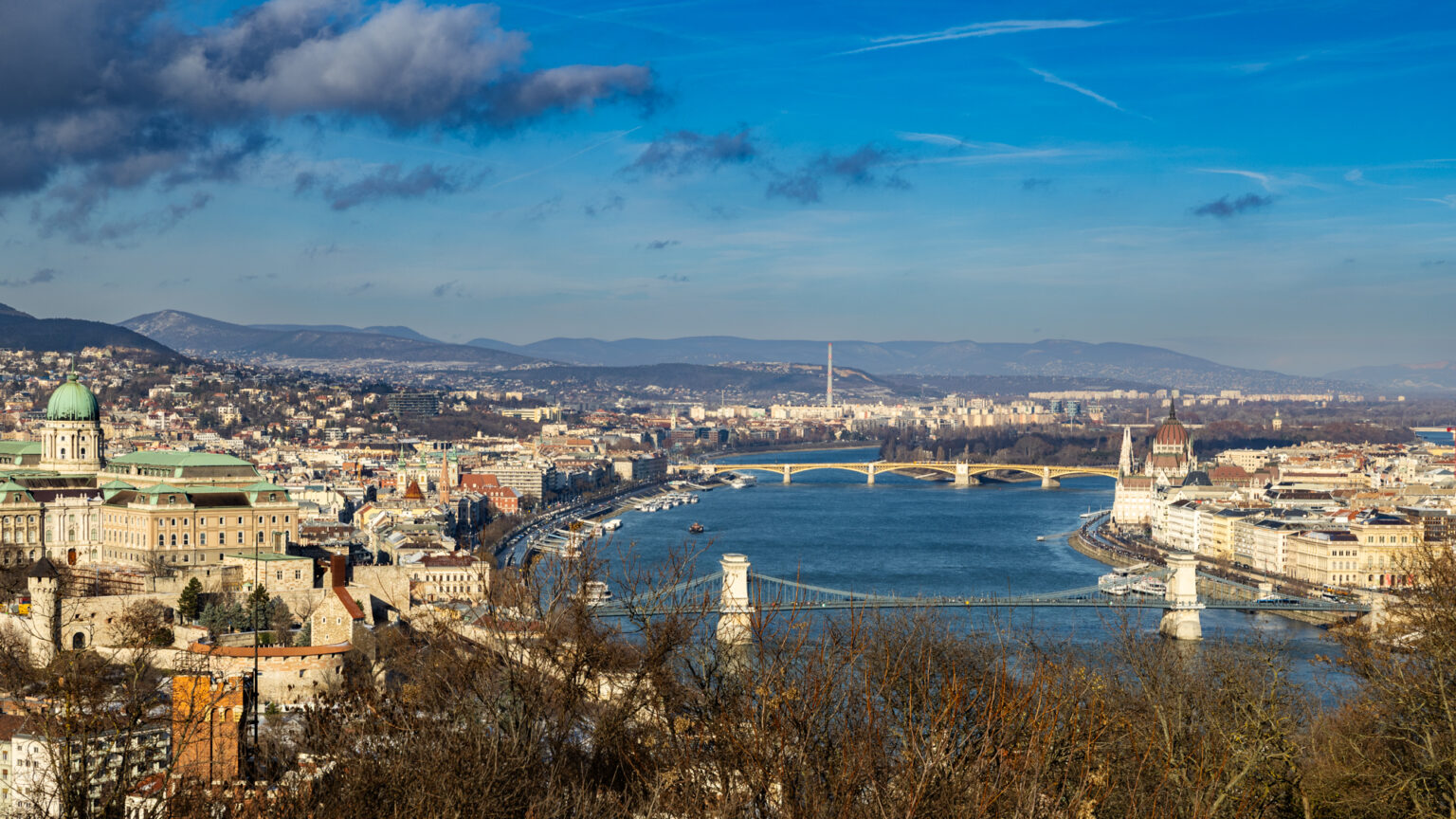
‘The convergence of record Israeli tourism and a comprehensive national strategy against antisemitism is no coincidence. It reflects a broader truth: in an era marked by fragmentation and ideological turbulence across parts of Europe, Hungary offers stability, clarity, and institutional responsibility.’

After losing the first leg 2–1 in Bulgaria, Hungarian champions Ferencváros beat PFC Ludogorets Razgrad 2–0 at home in the play-off, and thus advanced to the Round of 16 in the UEFA Europa League. There, they will face the Portuguese side SC Braga.
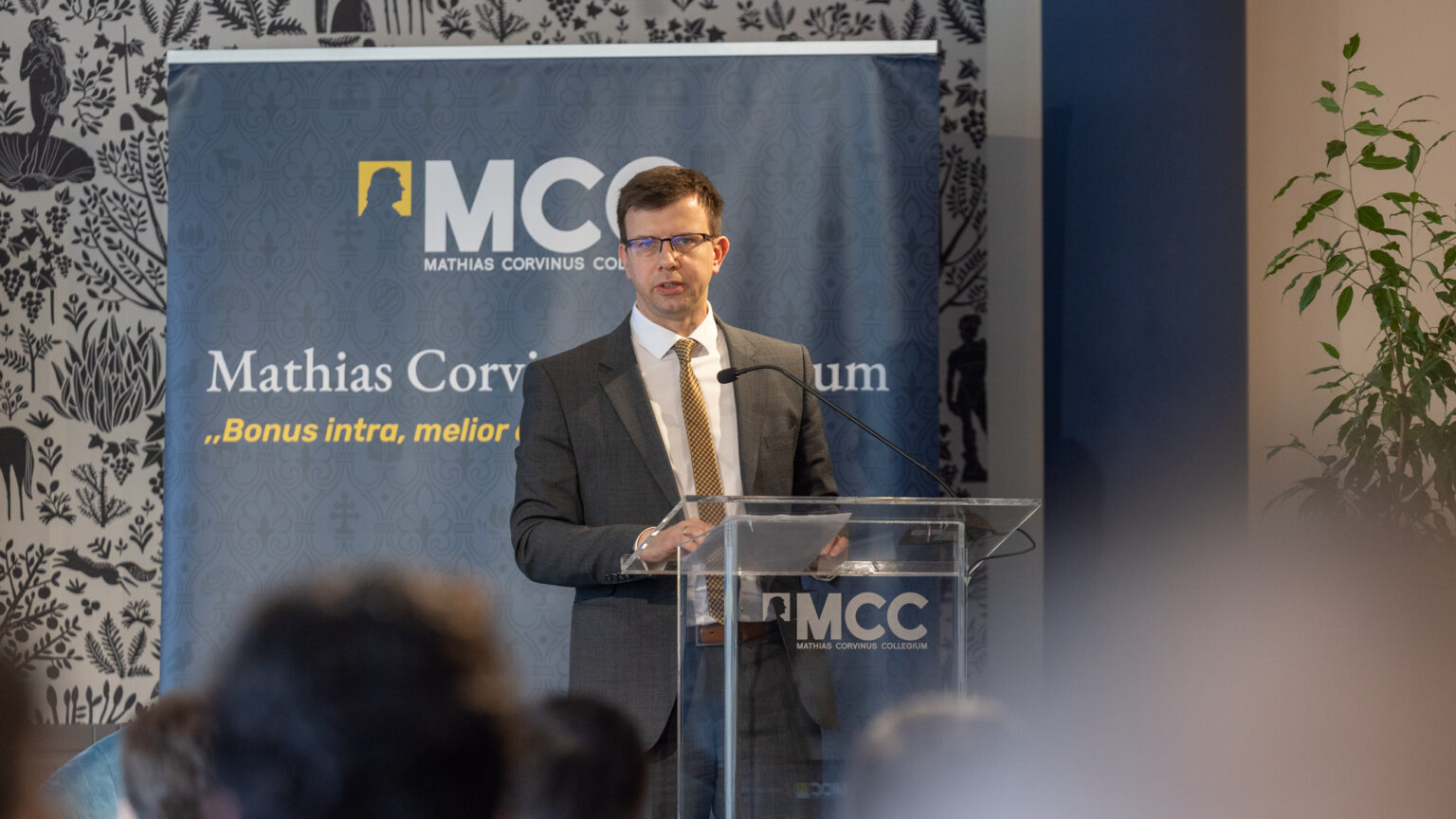
At an MCC event in Budapest, a lineup of distinguished speakers—featuring Minister for EU Affairs János Bóka of Hungary—criticized the Court of Justice of the European Union for overstepping its authority and advancing ideological agendas. Panellists and speakers warned that the Court’s expanding role risks undermining national sovereignty and reshaping Europe’s legal order.

Budapest’s transport authority could begin procurement for a citywide electronic ticketing system after the municipal assembly backed the concept, with bank card based Pay and Go payments expected to appear gradually across the network from 2028.
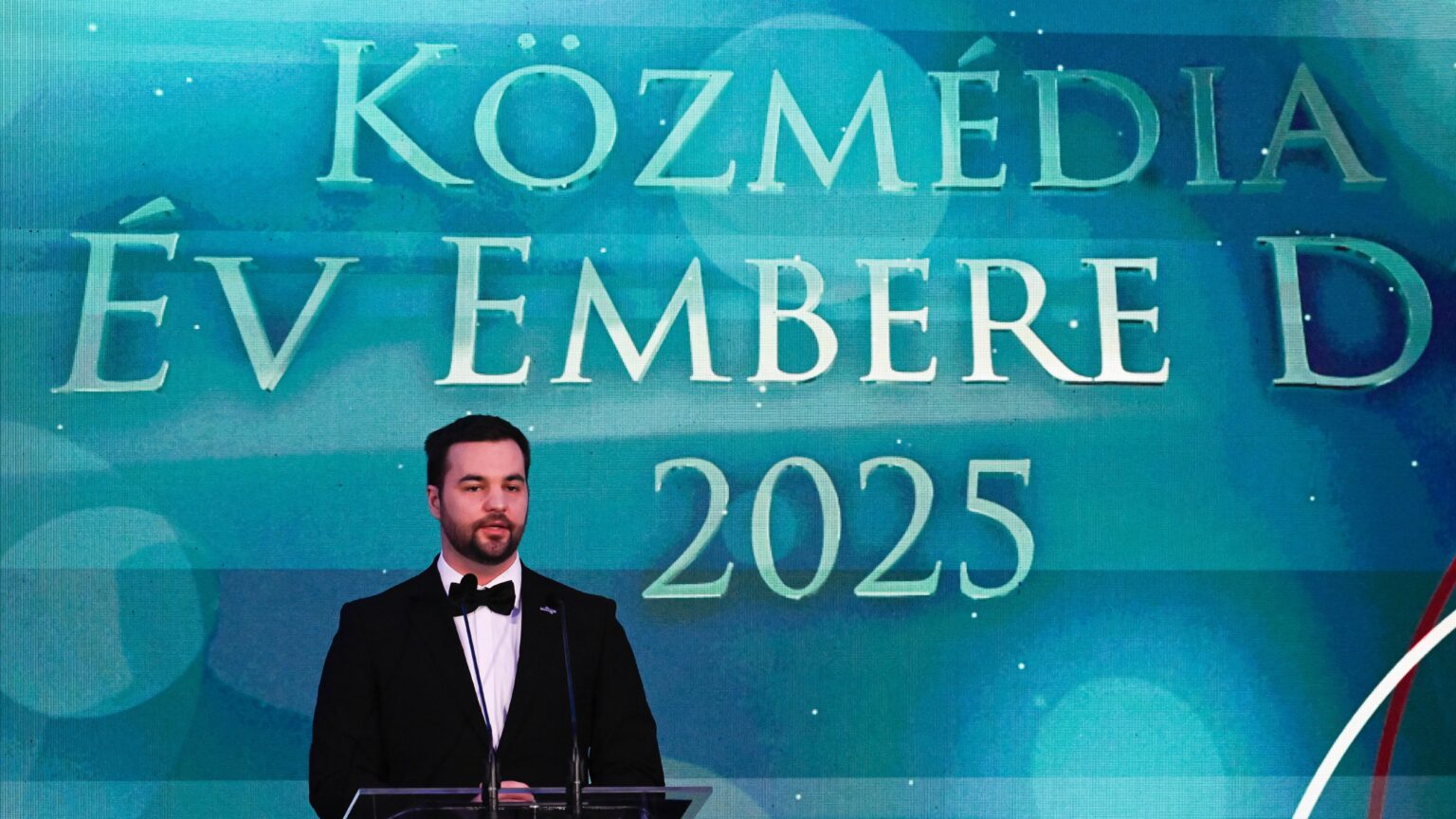
Hungarian research astronaut Tibor Kapu said the HUNOR national astronaut programme marked the first step toward a much larger space effort, adding that work is already under way on future missions and new scientific experiments involving Hungarian teams.
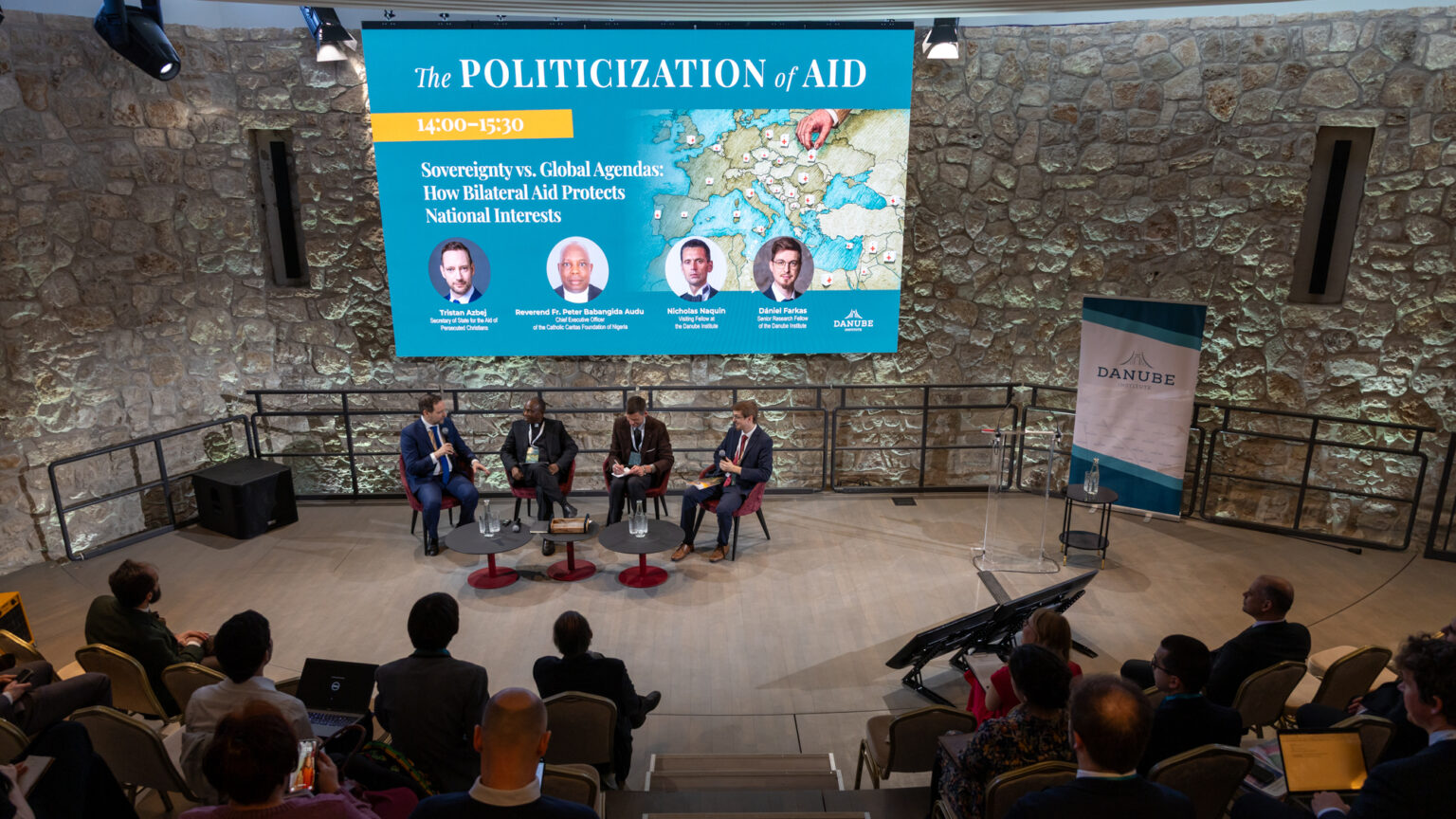
Bilateral aid models took centre stage at the Danube Institute, where experts argued that direct, community-based assistance outperforms multilateral programmes burdened by bureaucracy. Hungary Helps, an aid programme launched by the Hungarian government in 2017, was presented as a sovereign, efficient alternative to global aid structures.
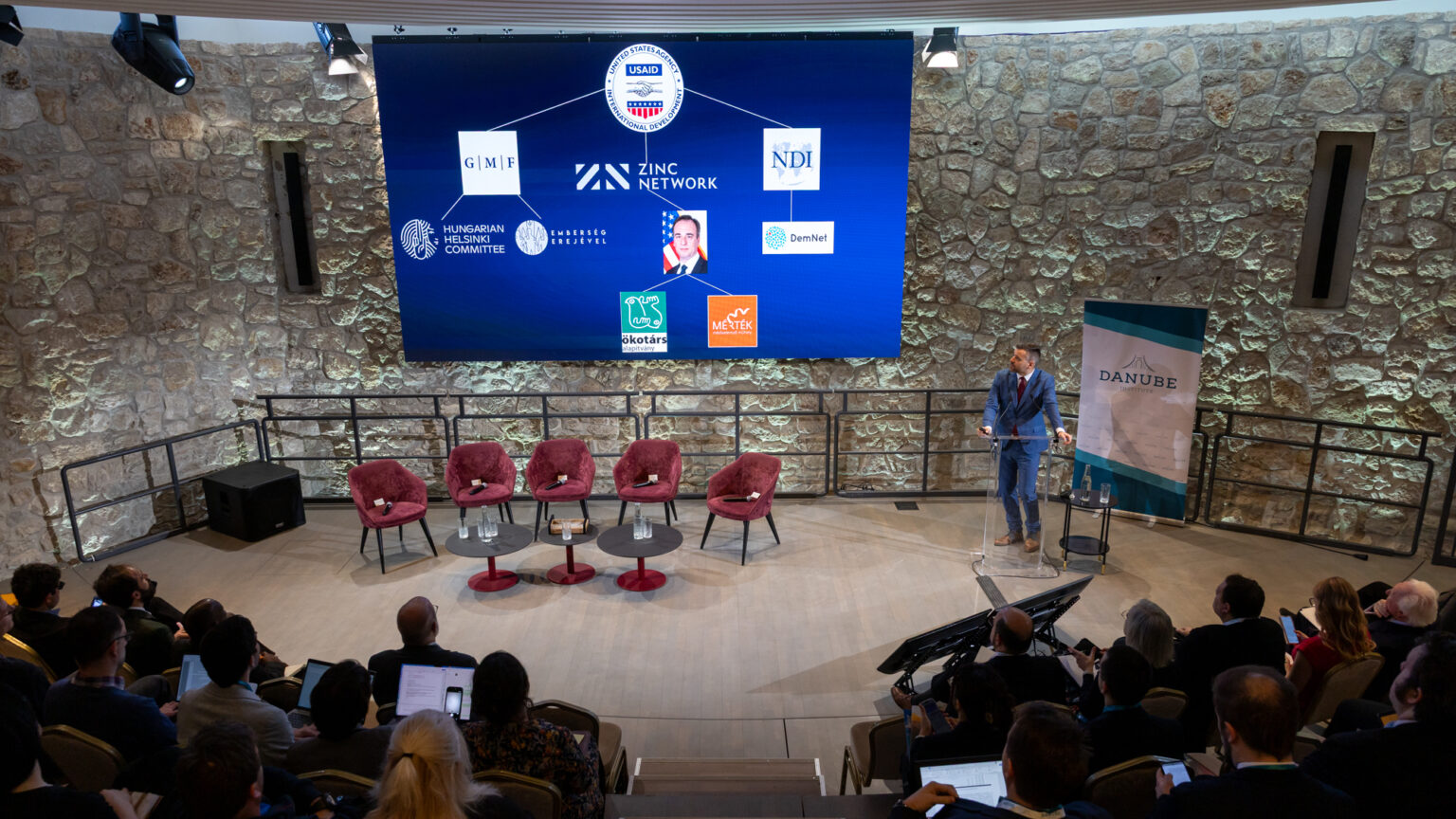
At the Danube Institute’s most recent event, MEP András László and a panel of experts have discussed how foreign aid agencies, such as the now-dismantled USAID, and ‘quasi-NGOs’ use foreign aid as a front to push a progressive agenda, as opposed to actually helping people in other nations.
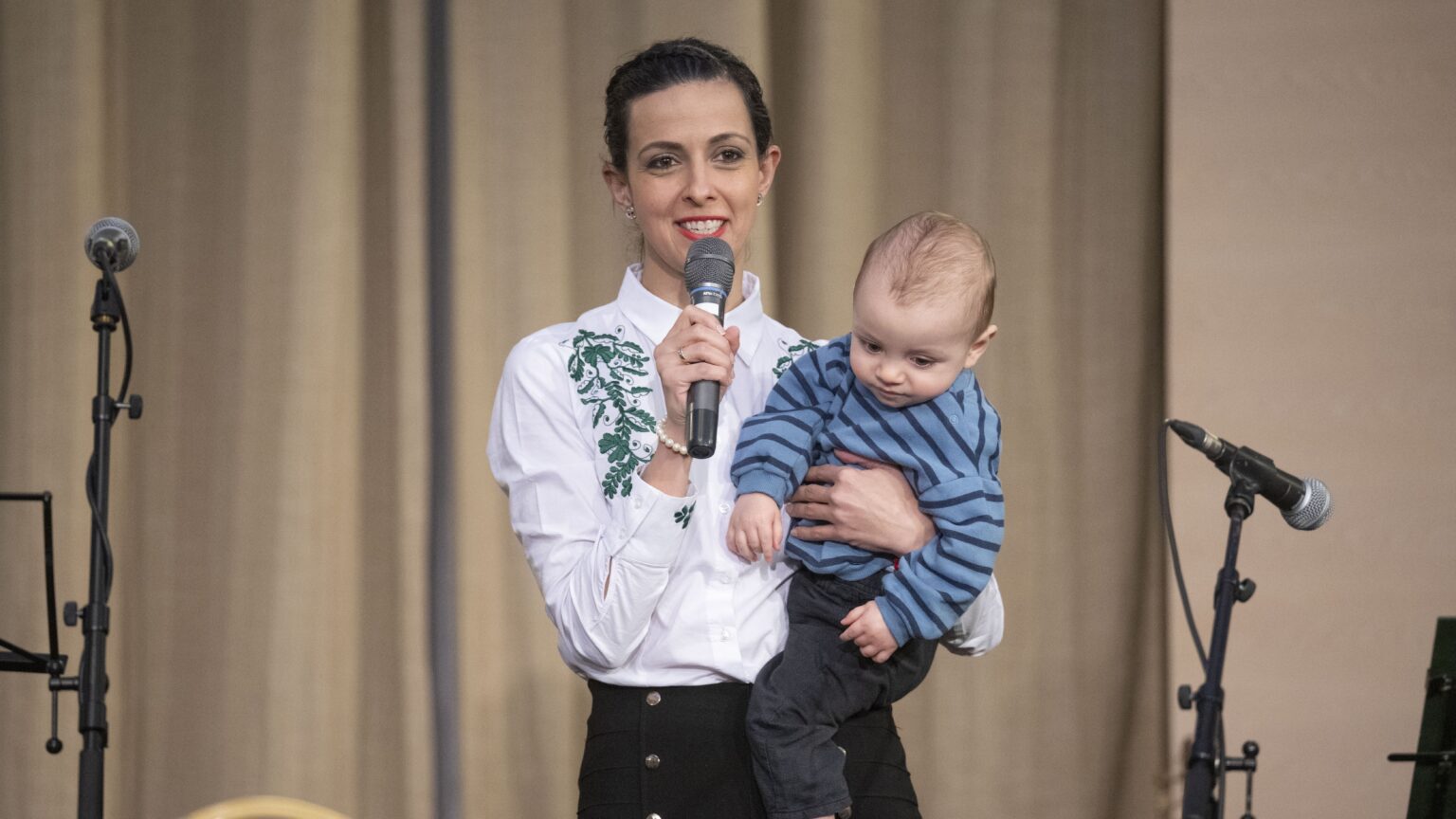
Hungary’s government says it is providing unprecedented support to families, expanding tax exemptions for mothers and increasing funding for family policies while criticizing opposition plans that it claims would dismantle key benefits.
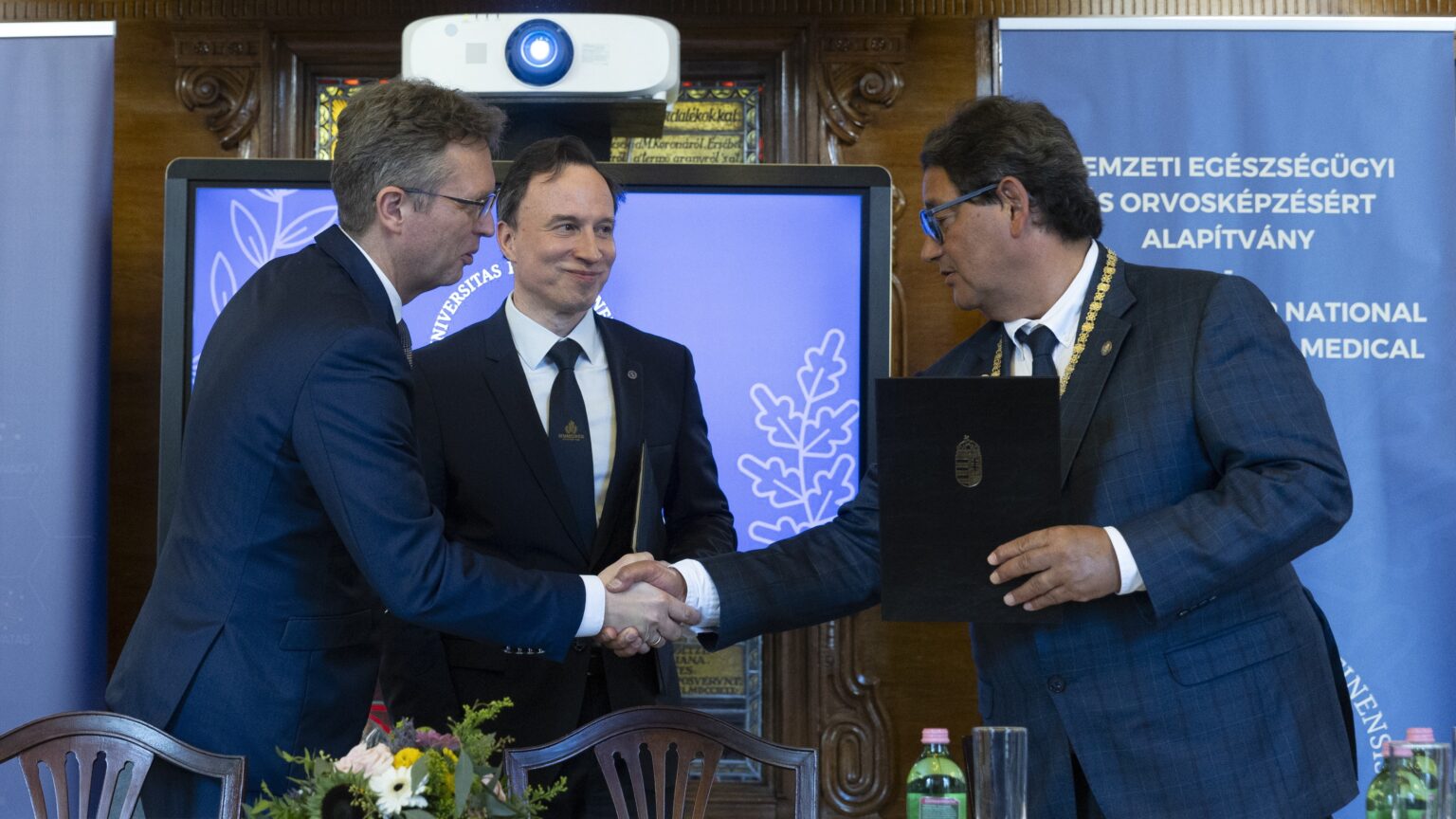
Hungary’s government has signed an agreement enabling cooperation between Semmelweis University and Harvard University, supporting joint training in Budapest and Boston as part of a plan to elevate the Hungarian institution among the world’s leading medical schools.
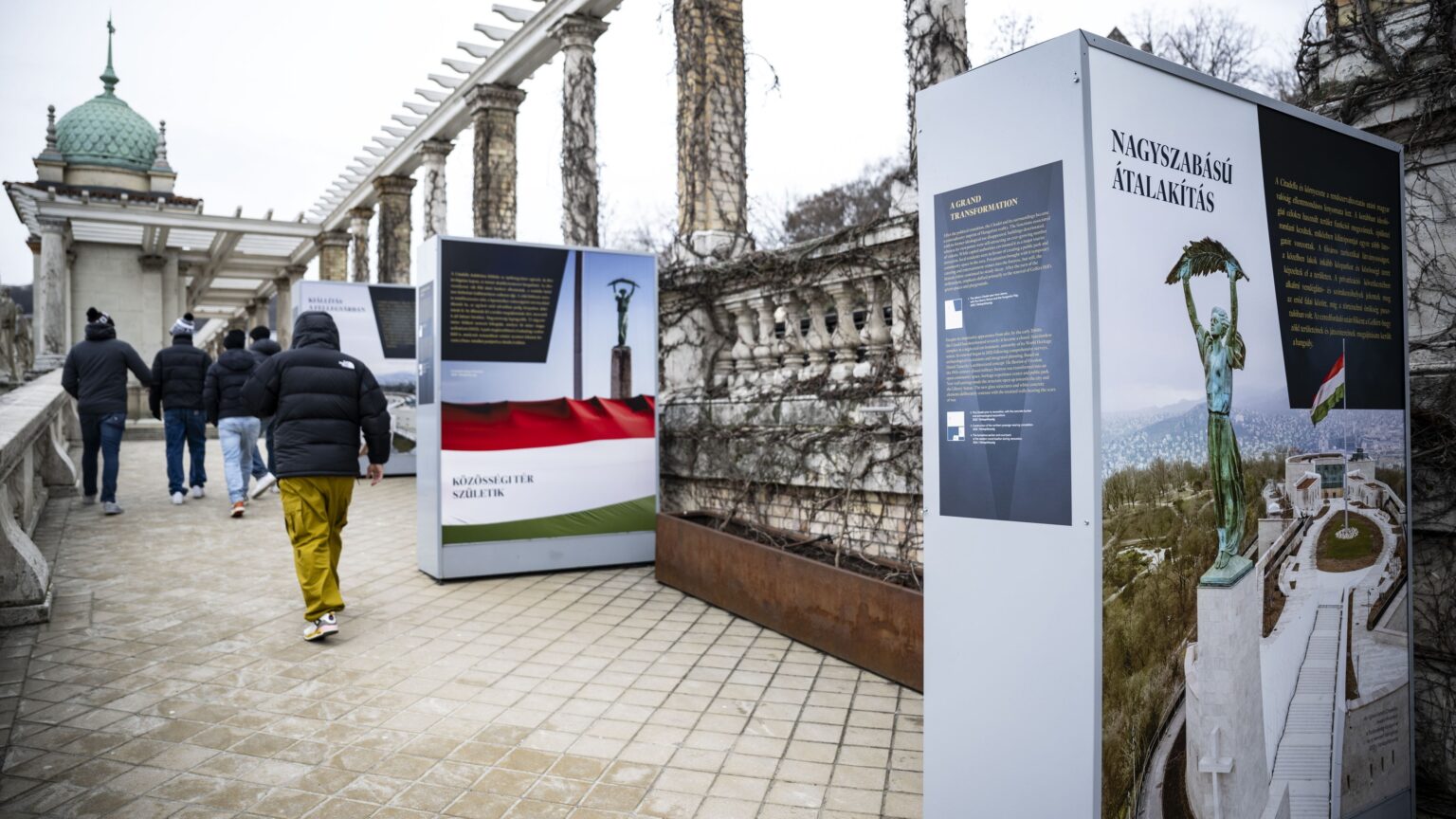
An open air exhibition presenting the history of Gellért Hill and the renewed Citadel opened on Friday at the Várkert Bazaar in Budapest. The display, titled From Oppression To Freedom — The History of the Citadel on Gellért Hill, traces the site’s story from past centuries to the present day.
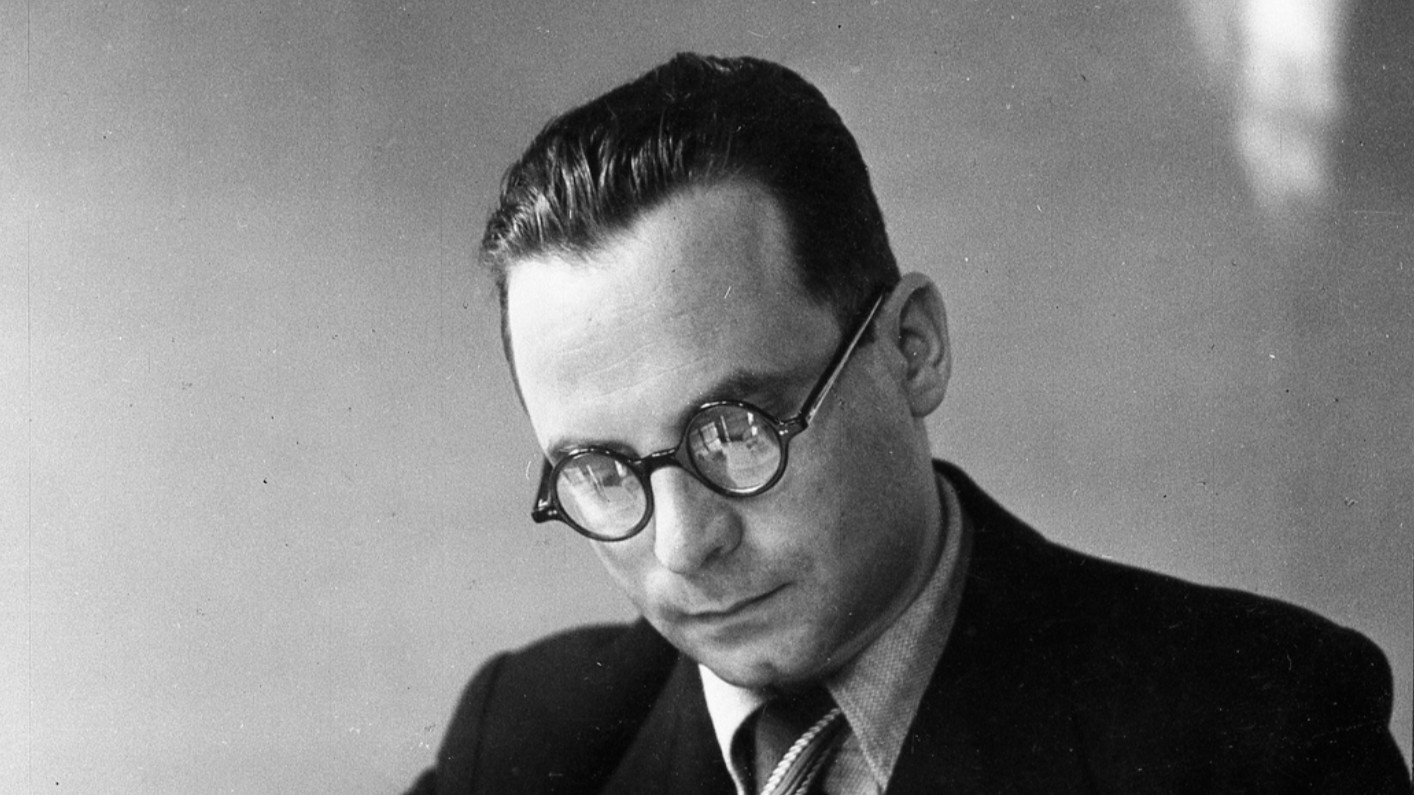
Was the great writer Antal Szerb beaten to death by a fellow Jew, as a postwar indictment and online claims suggest? Drawing on court records, testimonies, and archival evidence, this piece revisits a murky People’s Court case to separate hearsay, vengeance, and historical fact.
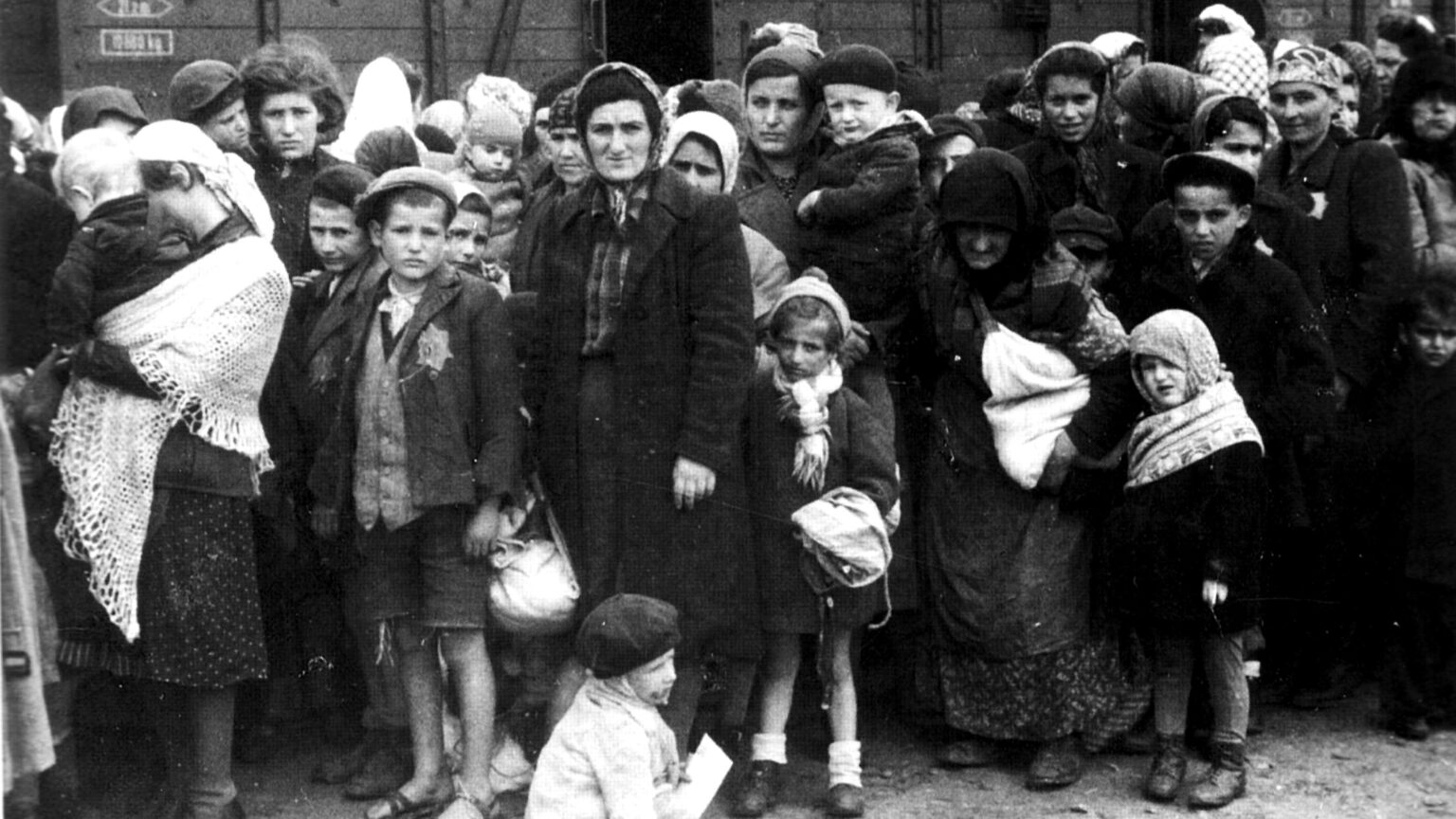
Less known than Nazi persecution itself is the role of the Jewish Councils established under German occupation. In Bereft of Council, historian László Bernát Veszprémy offers a rigorous, source-driven account of Jewish leadership in wartime Hungary, confronting uncomfortable questions of responsibility, survival, and post-war reckoning without speculation or revisionism.
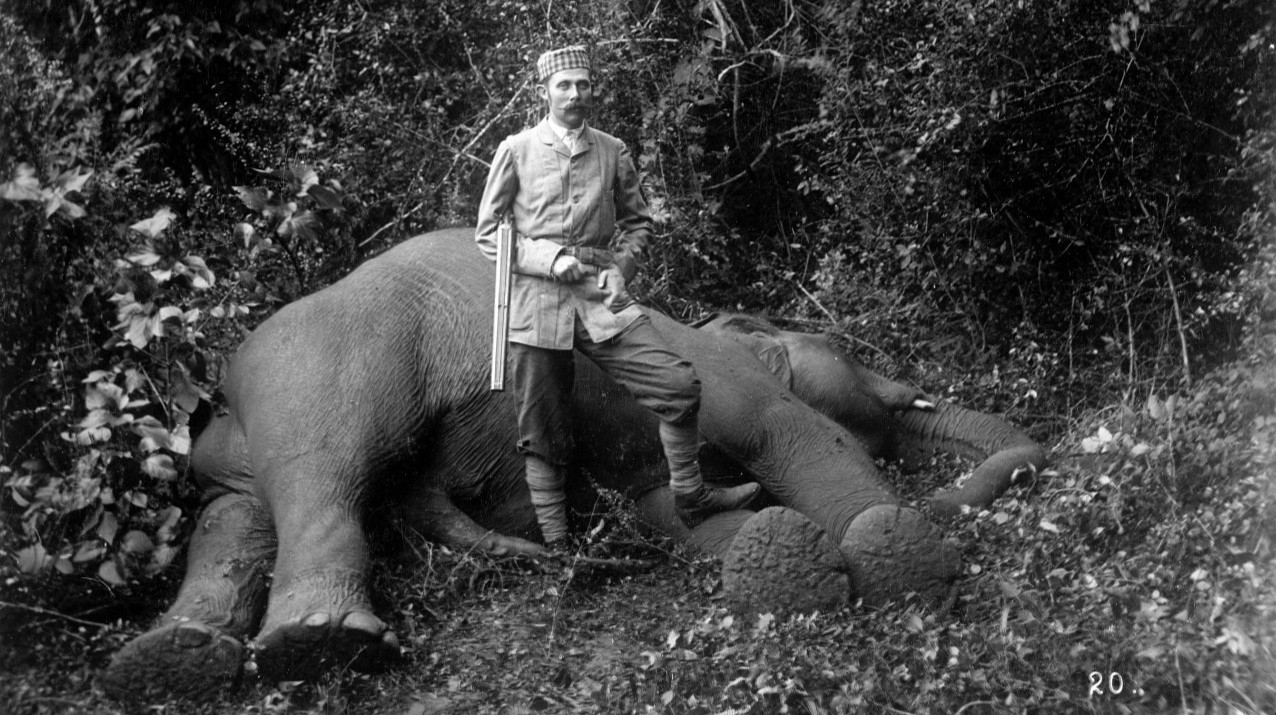
‘Finally, what many had feared came to pass: the heir to the throne of the Austro–Hungarian Empire fell victim to an assassination attempt. Although he escaped the first attack unscathed, the Serbian terrorists made no mistake the second time around…The assassination went down in world history, but the life of Franz Ferdinand has been completely forgotten.’
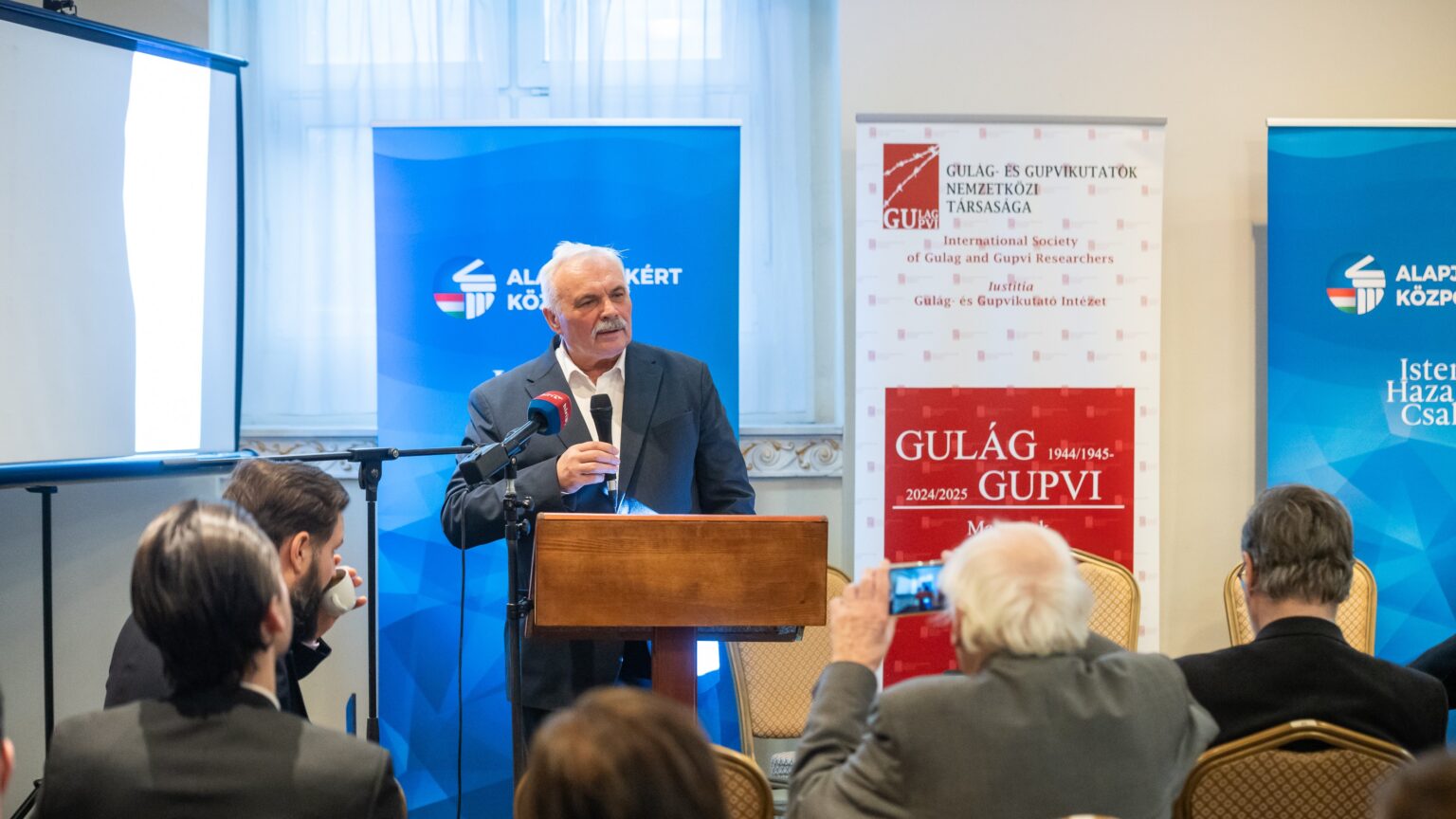
The International Society of Gulag Researchers, with the Transcarpathian Alliance and the Center for Fundamental Rights, hosted the launch of The Human Cost of War, about the relocation of one million Hungarians to Soviet forced labour camps after World War II, known as ‘Malenkiy Robot’. Speakers commemorated the victims and drew parallels with the escalation of the Russo–Ukrainian war.

At a conference titled The Future of Peace Negotiations, hosted by the Mathias Corvinus Collegium and the Danube Institute, policymakers and analysts discussed the prospects for ending the war in Ukraine, the role of international institutions, and the economic implications of a potential EU accession for Ukraine.

Europe’s growing return to traditional architecture reflects more than aesthetic preference—it signals a broader struggle over identity, democratic legitimacy, and civic morale, speakers argued at a Danube Institute panel in Budapest. The discussion highlighted public resistance to modernism, the cultural meaning of restoration, and Budapest’s reconstruction as a model for Europe’s architectural renewal.
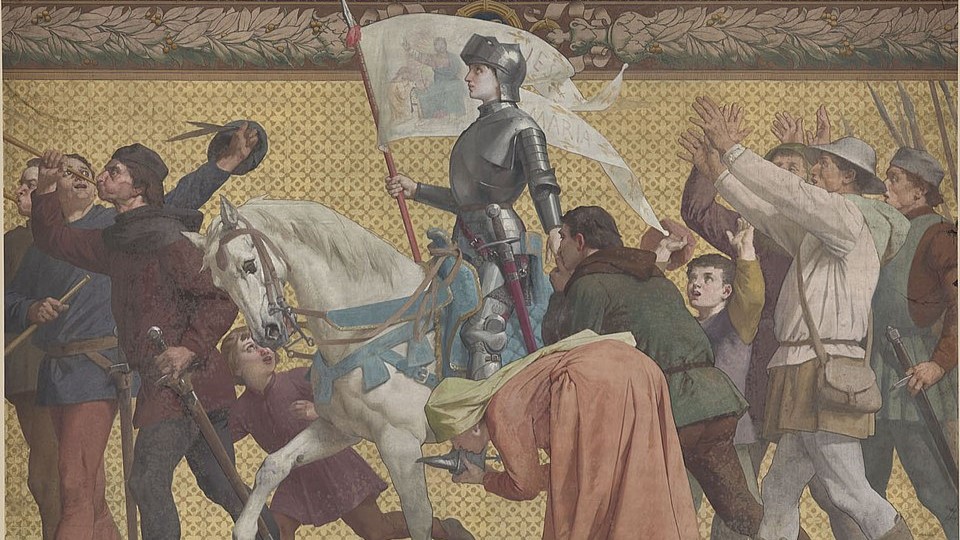
In a new production of George Bernard Shaw’s 1923 play Saint Joan at the Citizens Theatre in Glasgow, United Kingdom, the titular character Joan of Arc is being played by black actress Mandipa Kabana. This is yet another instance of a white historical figure being portrayed by an actor of colour.
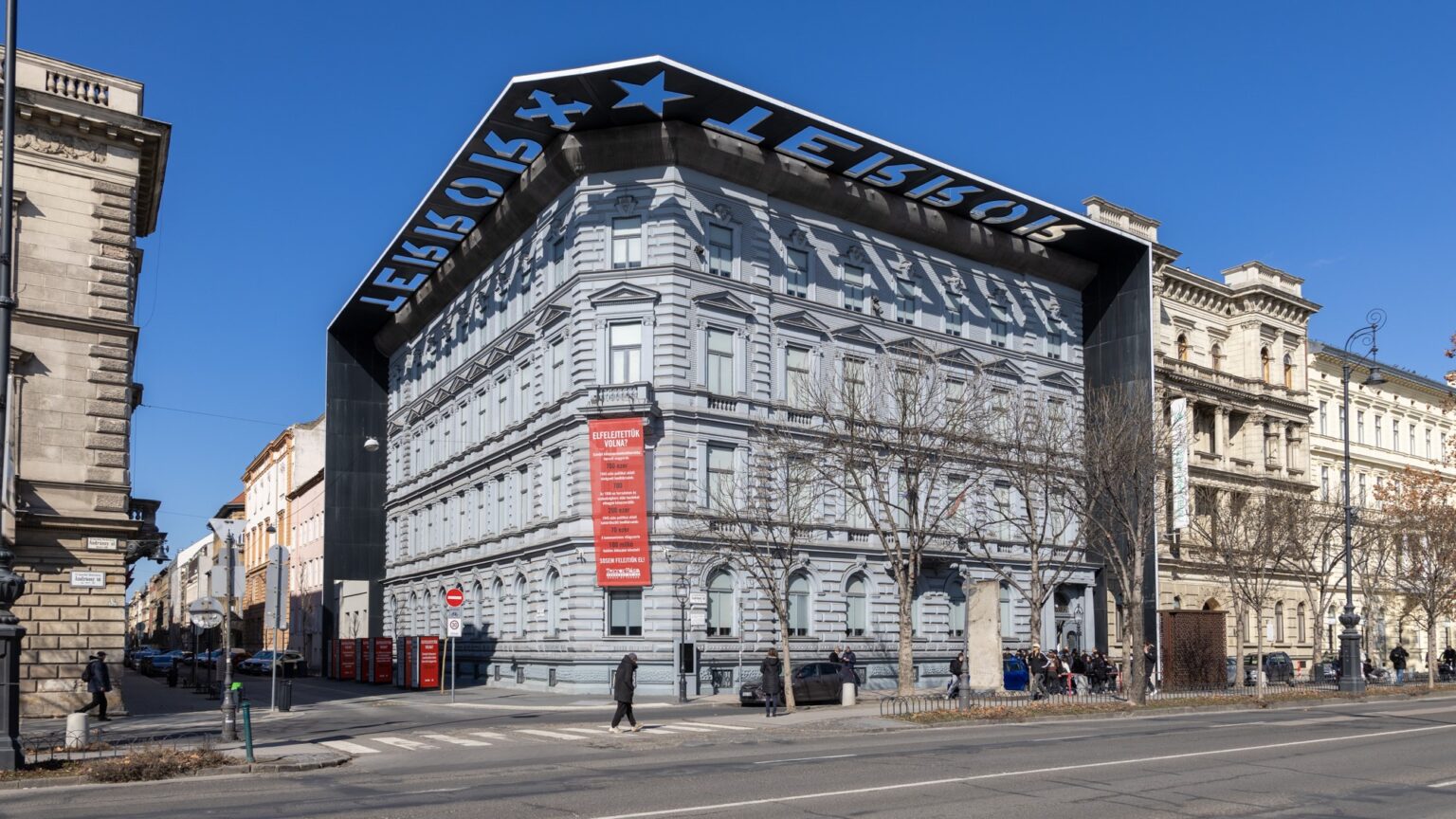
The House of Terror Museum will mark the Memorial Day for the Victims of Communism with special history lessons, exhibitions, theatre performances and free admission between 17 and 27 February, alongside commemorative events in Hungary and abroad.
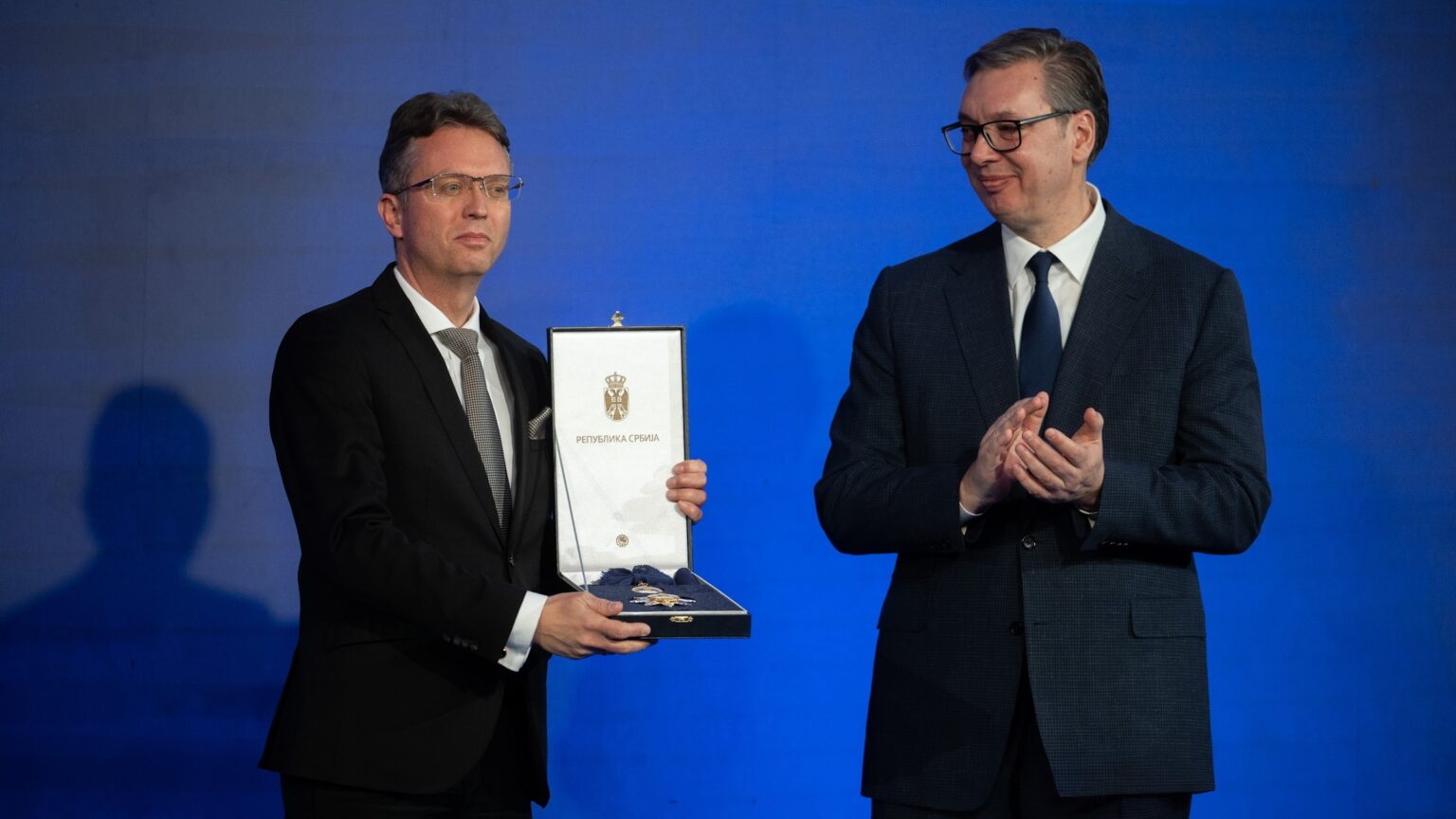
Hungary and Serbia enjoy outstanding cooperation beyond economic ties, underpinned by what the culture and innovation minister called patriotic Christian leadership in both countries, as a joint cultural season and youth safety programme were highlighted.

Researchers at the University of Szeged have reported significant advances in drug research and development following a four-year programme backed by 1.6 billion forints in state funding, including new bioactive molecules and innovative delivery methods.
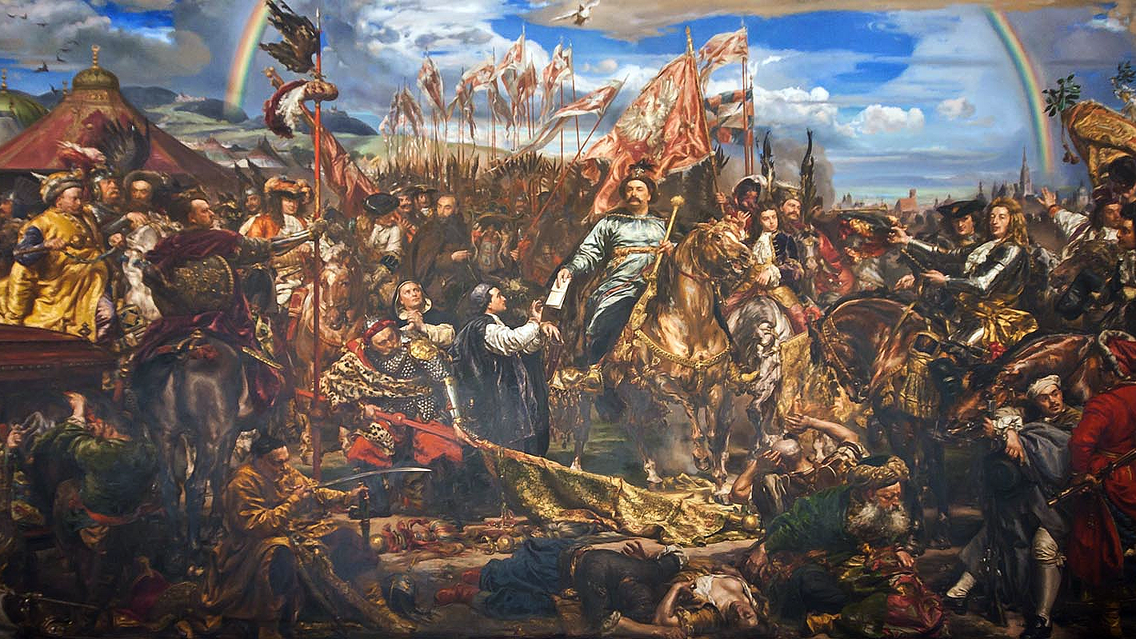
‘As in other European nations, sex crimes have skyrocketed in Austria. According to one report: “Hardly a day goes by without reports of sex attacks” at the hands of migrants. After Afghan migrants assaulted and tried to rape a blonde woman, police responded by advising her to dye her hair black.’

For Presidents Day 2026, here is the continuation of our website’s subjective ranking with five more of the best and five more of the worst Presidents to serve as Commander-in-Chief of the United States.

A survey by the Nézőpont Institute and Hungary’s public media found that 74 per cent of respondents support the 13th-month pension, and two-thirds consider the utility price cap a responsible government decision.

‘Ukraine’s agile innovations and Russia’s scaled standardization both demonstrate how gaming culture can bolster sovereignty against aggression, yet unchecked, it threatens to dissolve the human element in warfare, turning soldiers into avatars in a perpetual virtual arena.’
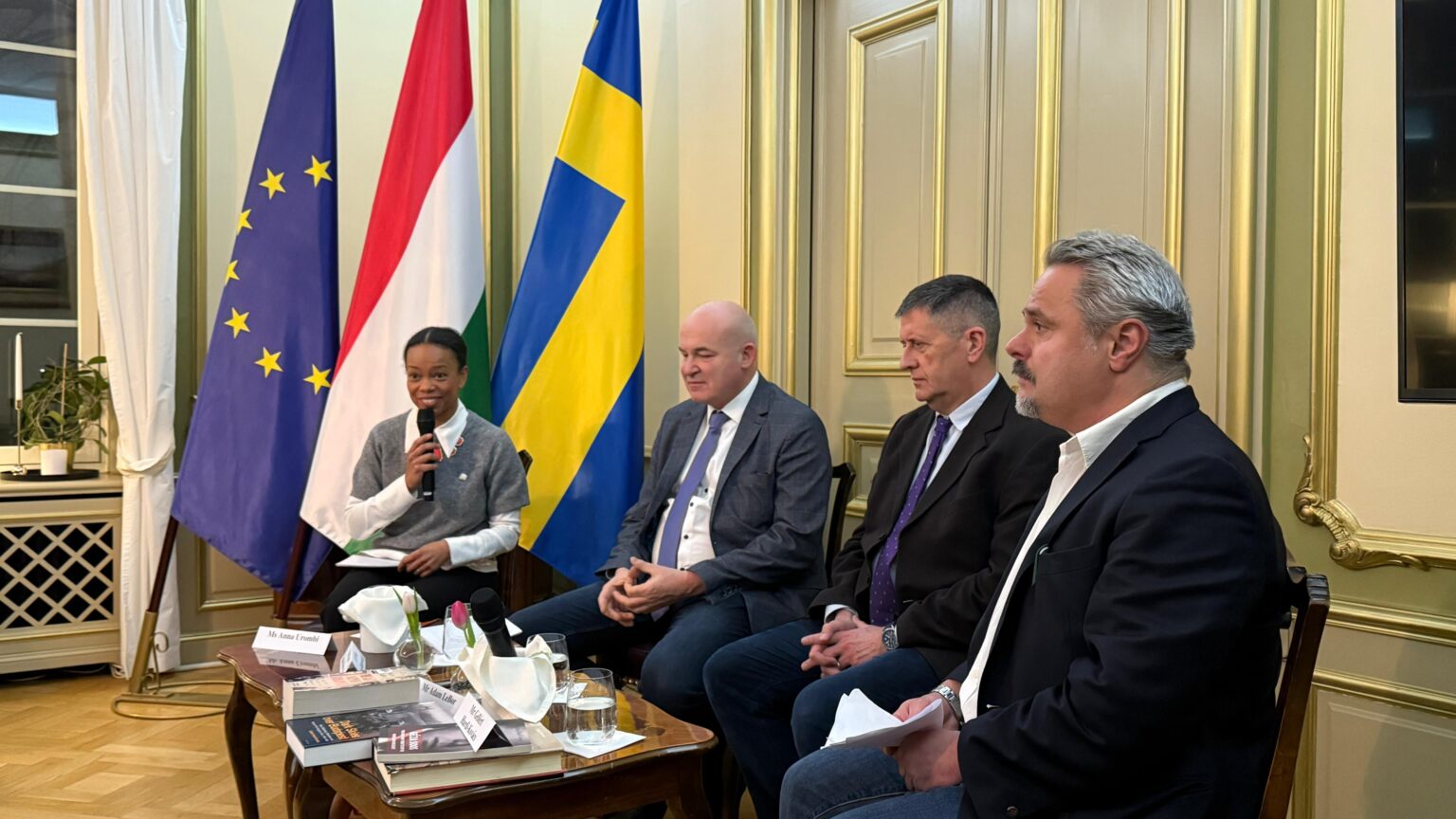
‘Arrow Cross gunmen tore up the neutral diplomats’ Schutz-passes that gave Hungarian Jews protection, forced them to the banks of the Danube and shot them into the freezing waters. As a neutral diplomat, Wallenberg could have fled west. Instead, he remained to carry on his rescue work.’
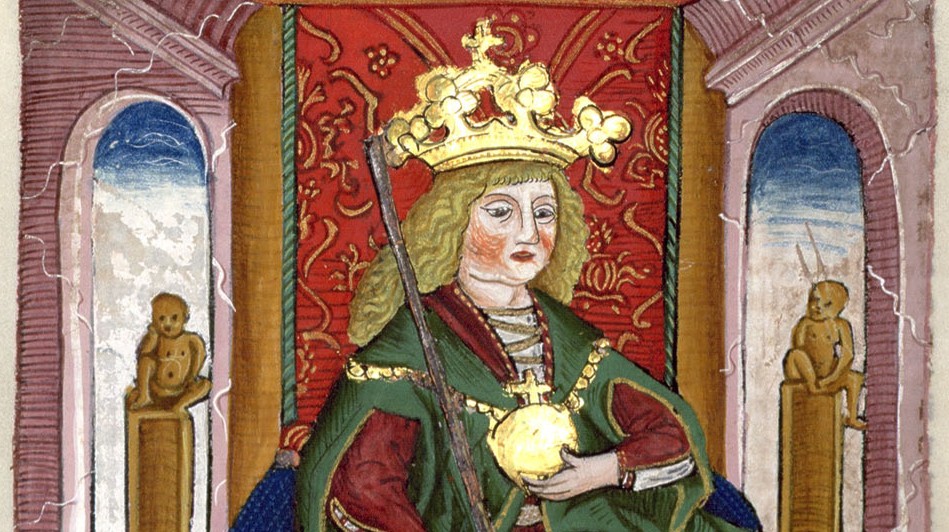
‘King Béla I lost his life in 1063 in an accident, or—as has recently been suggested—as a result of a political conspiracy…The latter would not be entirely surprising, given that 15 per cent of European rulers living between 600 and 1800 ended their lives as victims of political murder, and it is well known that ruling was one of the most dangerous occupations in the Middle Ages.’
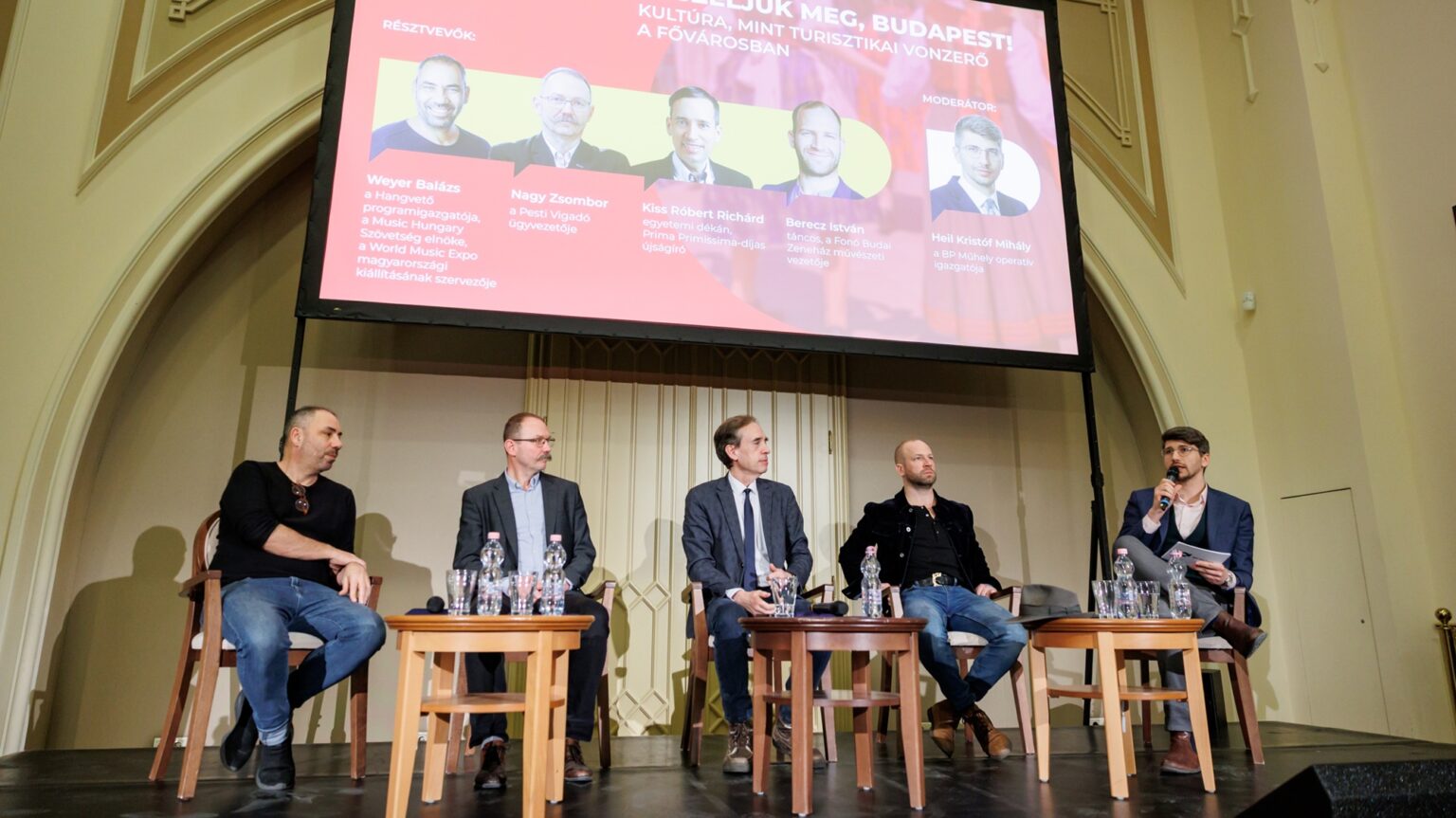
Budapest’s culture draws tourists through architecture, music, film, and cuisine. Experts at a BP Műhely panel highlighted how residents shape the city’s image, from service workers to everyday curiosity, while sports and party districts diversify the capital’s appeal on the global stage.
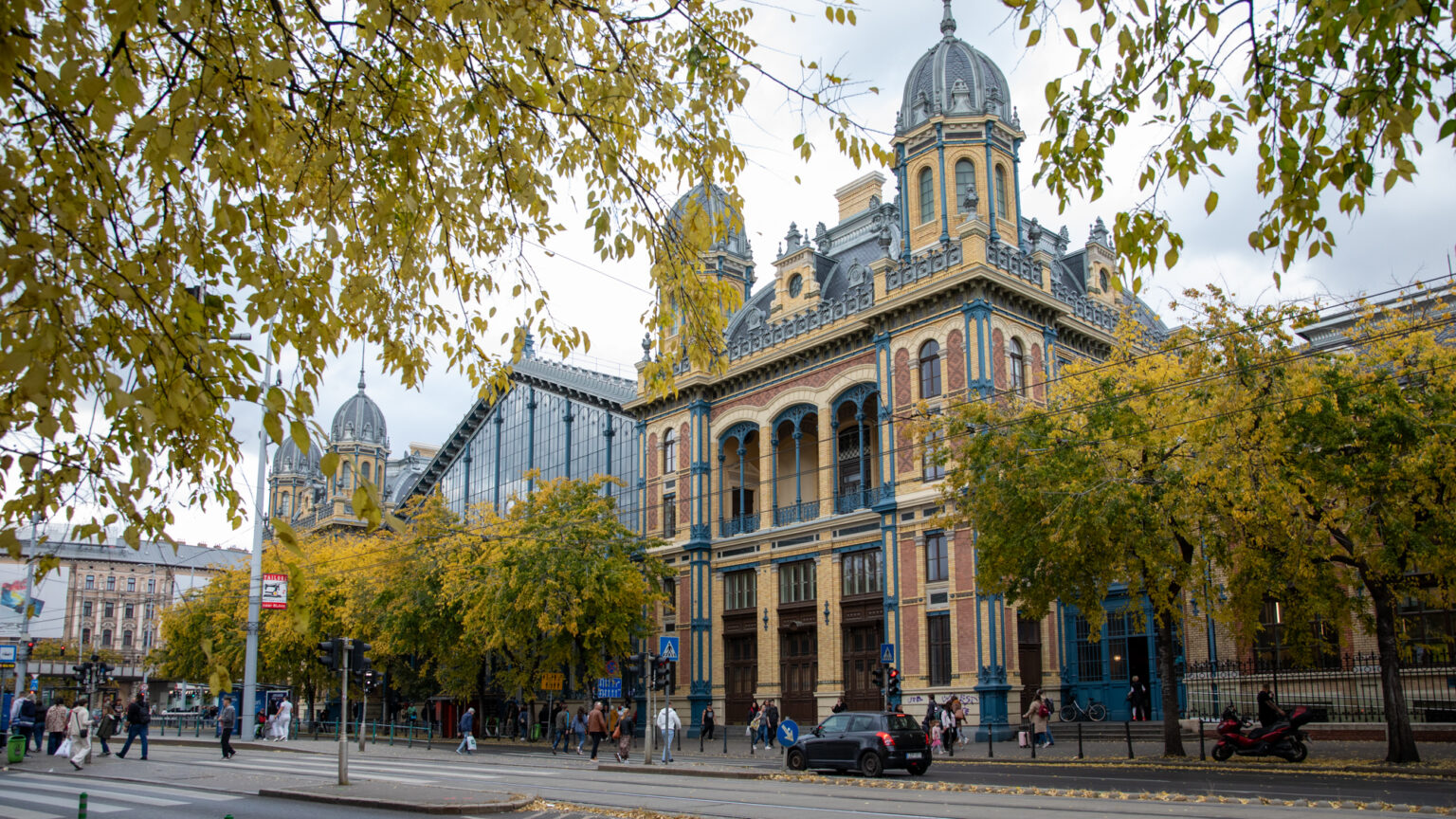
Budapest’s municipality has begun construction on the Demo Hub, a pilot project under the EU co-financed AHA Budapest programme, transforming a long-vacant school building in Újpest into 26 energy-efficient affordable homes.